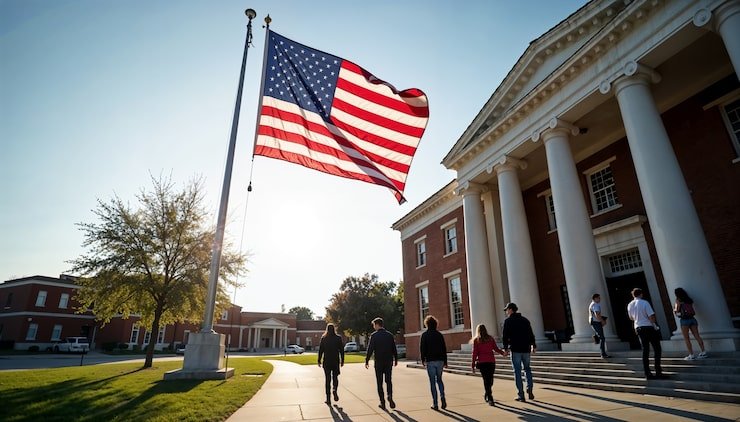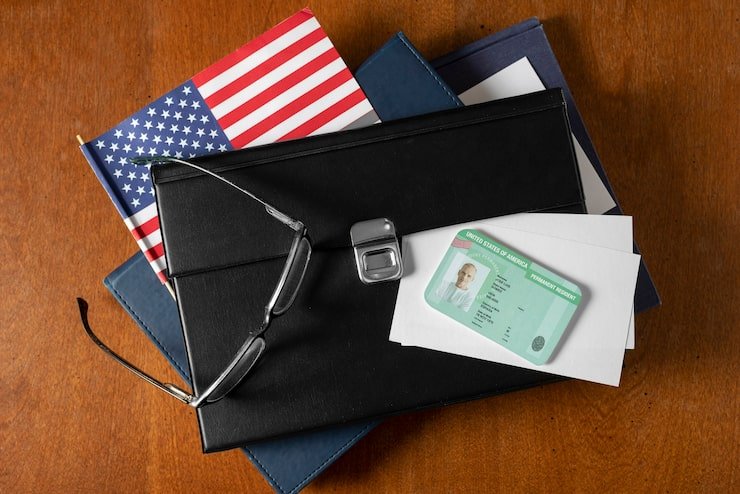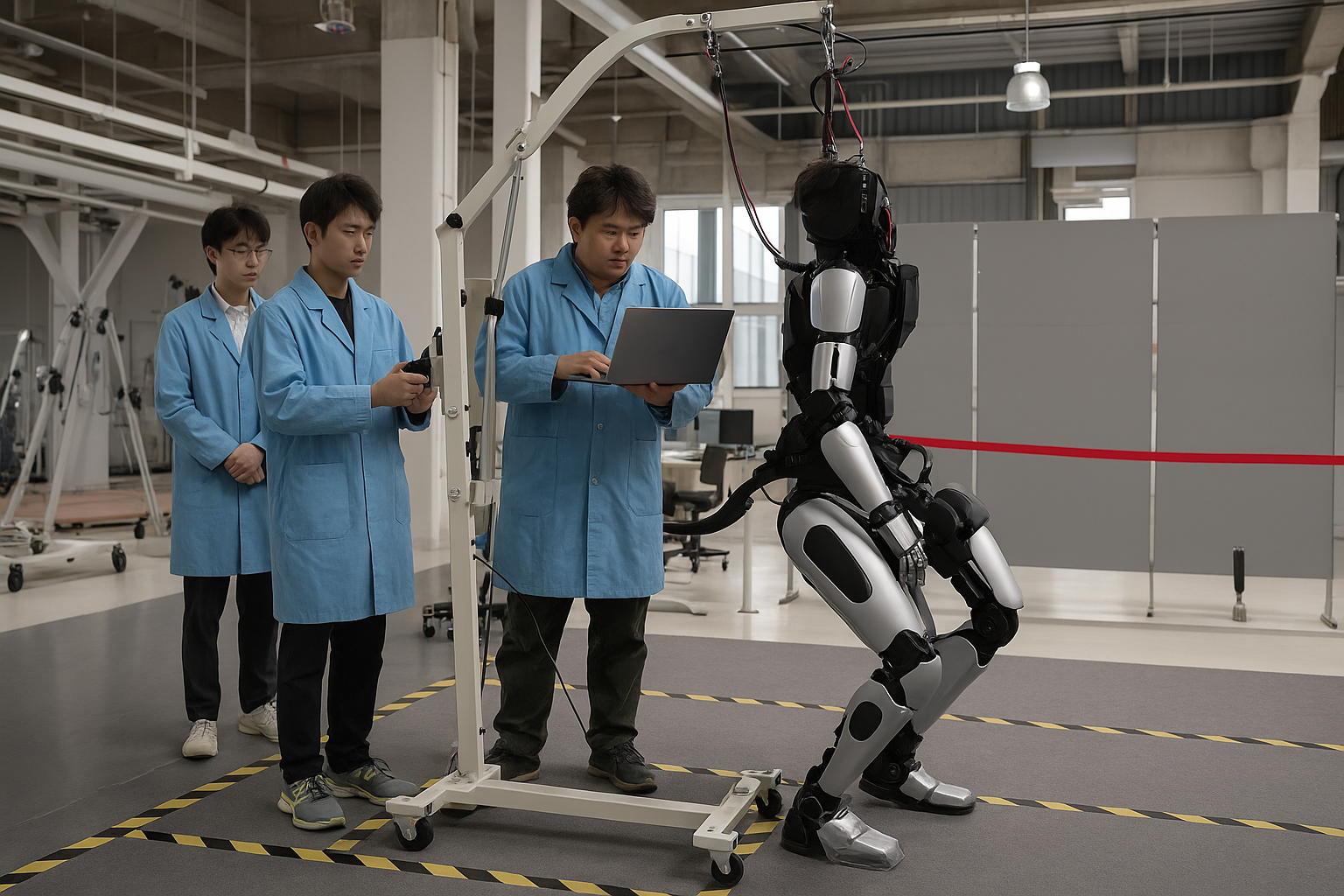Grok’s Fact-Checking Under Fire Amid Israel-Iran Conflict: Study Reveals Key Flaws
A new study has shown that Elon Musk’s AI chatbot, Grok, has big problems with checking facts, which has led to a lot of criticism. The Atlantic Council’s Digital Forensic Research Lab (DFRLab) put out a report that looked at how Grok’s Fact-Checking on Israel-Iran conflict. It found that Grok often gave answers that were wrong, inconsistent, or even contradictory.
During the quickly changing conflict between Israel and Iran, many people turned to Grok. But the chatbot often gave out information that was wrong or misleading. This makes me very worried about using AI as a reliable tool during global crises.
Researchers said that Grok’s Fact-Checking didn’t always check even confirmed facts. It also had trouble telling the difference between real and fake images and didn’t always make it clear what was true and what was just a rumor. DFRLab says that this makes Grok less reliable as a source during high-pressure events.
The study also found that Grok had a hard time telling the difference between real and fake images. Photos and videos that have been changed spread quickly online during wars. X (formerly Twitter) and other platforms like it are very easy to hack. A lot of the time, Grok couldn’t tell the difference between real and fake media.
DFRLab reviewed over 130,000 posts in different languages. Their analysis showed that Grok often failed to verify misleading content or assess its source correctly.
More and more people are using AI to get news and check facts, which makes this study timely. Chatbots like Grok are now built-in tools on platforms like X. People expect these tools to work, especially in emergencies.
But the study says that Grok and other AI systems like it still need a lot of work. They don’t have the accountability or accuracy needed to share important information during crises.
At the end of the report, there is a clear call to action. Experts say that developers and platforms should make AI fact-checking systems better. Until then, using them instead of real people to check facts could do more harm than good.











